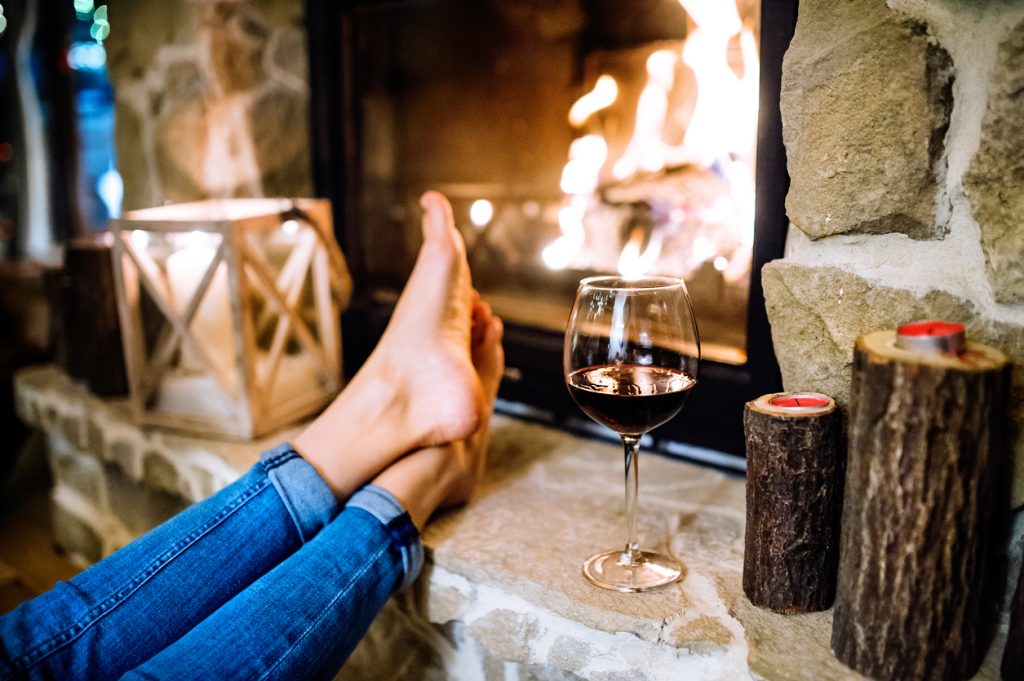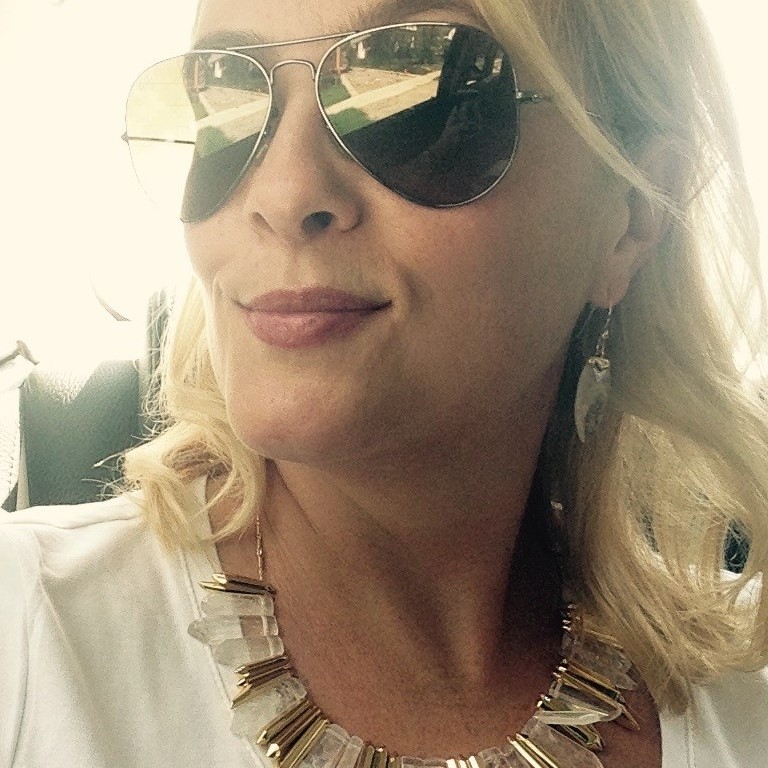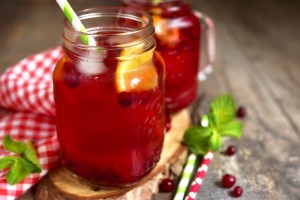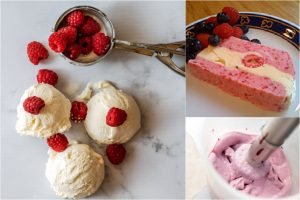Why I Just Say No to Dry January

“Dry January,” in case you haven’t heard, is the term describing a person’s choice not to consume alcohol in the month of January, generally because of over-indulgence in December. What this trend amounts to, essentially, is an attempt to atone for the previous month’s bad decisions by depriving ourselves in the present. It’s a short-term fix to address what we’ve been conditioned to think we did “wrong” over the holidays, but in truth, it’s little more than another fad diet/cleanse/detox program that speaks volumes about the abysmal state of our relationship with alcohol, calories (Ed note: There’s no such thing as junk food!), self-care, and overall wellness.
As has been well-documented in these pages, I love to wind down after a long day (or 20 minutes of playing Uno) with a glass of wine. After a few years of drinking all the wrong ways (I’m looking at you, boxed Shiraz) and for all the wrong reasons (it’s a day that ends in y) I changed my relationship with alcohol and now consume purely for enjoyment, and in moderation.
But even if I had spent December doing Jagerbombs and keg stands, even if I consistently woke up dry-mouthed and hung-over, Dry January wouldn’t be an effective remedy because all or nothing doesn’t work for me. In fact, I don’t know many people who respond well to complete deprivation. I mean, there’s a reason it’s used in prison, right?
Dry January doesn’t offend me because it means giving up booze, it offends me because it’s predicated on the belief that over-indulgence is a sin that must be atoned for and that, somehow, we can make up for last month’s bad decisions by doing things differently now.
If you feel social pressure to drink to excess, or if “surviving” the holidays means repeatedly getting shit-faced, those are different issues that need to be explored. But January is not an eraser. It’s not a do-over for the extra glass(es) of champagne on New Year’s Eve, or the Baileys you started slipping in your coffee on December first.
Simply put, if you drank more than you’re comfortable with last month, do less of that in January. A sweeping pronouncement or a restrictive, cold-turkey regime will neither fix the problem nor will it set you up for success moving forward. If you regularly binge-drink, I would suggest (from experience) that longer-term change is what you need, not a quick 31-day fix.
If your social feeds are full of people promoting Dry January consider that these same platforms were almost exclusively dedicated to the promotion of self-care and new beginnings less than two weeks ago. How many memes and messages did we scroll past telling us THIS IS THE YEAR? Did you not see dozens of messages promoting “putting yourself first” and, “taking time for you” and, “ditching the guilt”?
Again, assuming we’re not talking about a truly dangerous or problematic relationship with alcohol, if a glass of wine makes you happy then have it because self-flagellation masquerading as self-care isn’t healthy or effective. If you truly want to start the year off on the right foot, if you truly want to cut back on booze, junk food, whatever, try setting realistic, longer-term goals. Try examining and understanding the triggers that lead to bingeing and commit to consuming more mindfully.
A glass or two of wine is a big part of my nightly routine and right now, getting back into a routine is one of the few things keeping me sane when I really want to spend the day sobbing into a pillow. January has already delivered more bills, more pounds, more work, more cold weather, more seasonal depression, more cranky kids and more darkness. It absolutely cannot have my wine as well.
It seems that when we decided size 2 and 4% body fat constituted the ideal we also decided eating and drinking were mistakes that needed to be corrected. I’m not this, therefore I must punish or deny myself. Yes, moderation is a good thing. Yes, cutting back on alcohol is probably a good thing too. I’m only picking a fight with Dry January because it’s an example of everything that’s wrong with how we look at food and drink. Treating it as some kind of battle, a problem that needs to be solved ensures we’ll never get off the merry-go-round of self-hatred or develop healthier approaches and ideals.
There’s nothing wrong with setting good intentions but being too extreme often sets us up for failure.
So, before you pour your booze down the sink and stock up on sparkling water, consider what the problem truly is and what the healthiest, most effective way to address it might be. If you decide you’re drinking too much, cut back. Keep a journal. Drink more mindfully. Try alternating with non-alcoholic cocktails. Ask for help if you need it. If it’s your weight, same concepts apply. But don’t declare war on the things you love, especially at the darkest, most depressing time of the year.
Our relationship with the things we consume is inextricably tied to our mental state. It starts with our minds. Restrictive diets might be good for quick, short-term weight loss but they’re rarely sustainable, even for 31 days.
And when we fail, as many of us do, we’re left with more self-loathing and guilt simply because we wanted to enjoy ourselves. And that seems messed up to me.















